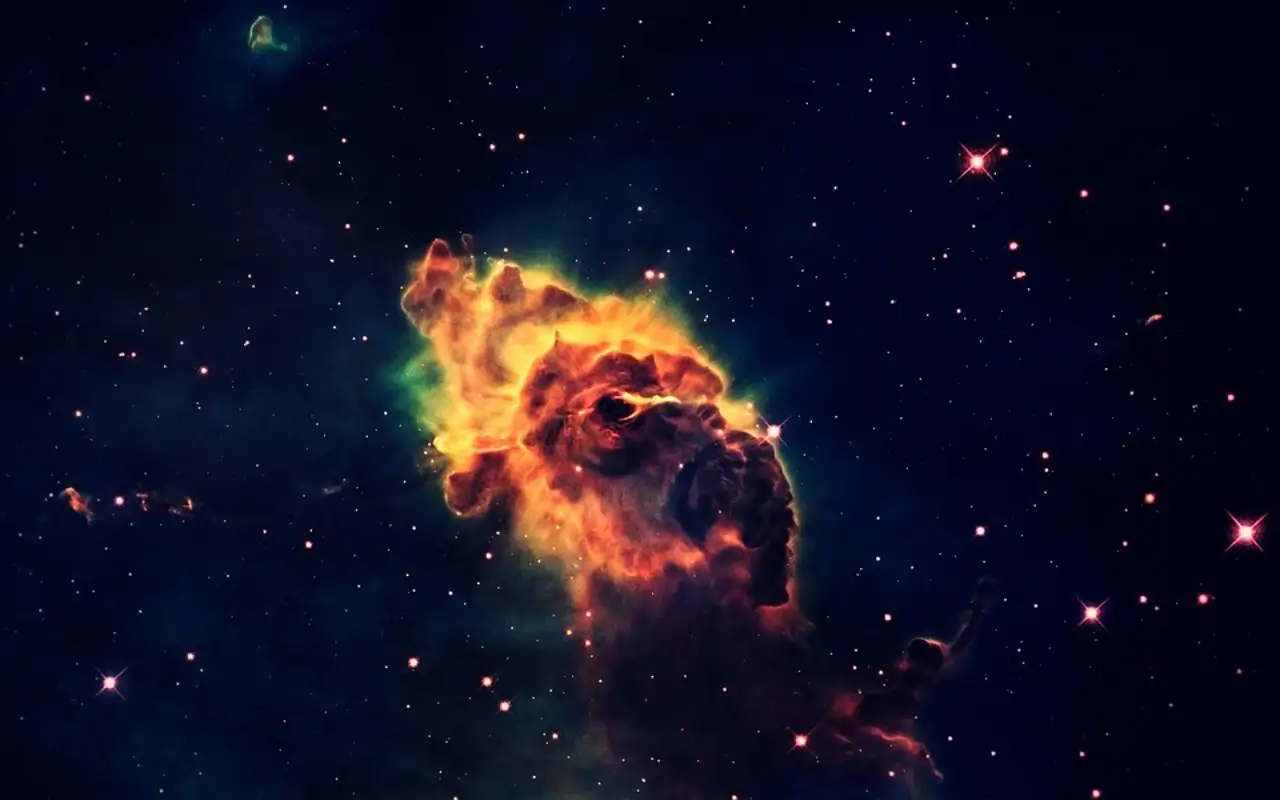
National Geographic, Feb. 18 -- Since time immemorial, humanity has looked up at the night sky with the same question in mind: Are we the only inhabitants of the universe? A new study published in Science Advances challenges the idea that the emergence of intelligence is an extraordinary, fortuitous event. Instead, it suggests that the evolution of complex life is the logical result of a process guided by the interaction between organisms and their environment.
"This is a significant change in the way we think about the history of life," said Jennifer Macalady, professor of geosciences at Penn State and co-author of the study. According to this research, the emergence of intelligent beings would not be an improbable event, but a natural consequence of the right environmental conditions. If this is true, then the existence of advanced civilizations in other corners of the universe could be more common than we imagine.
The role of the environment in the evolution of intelligence
Historically, the "hard steps" theory, proposed by physicist Brandon Carter in 1983, has dominated discussion of the evolution of intelligence. This model holds that the development of complex life on Earth was an extremely unlikely event, conditioned by a series of evolutionary obstacles that were difficult to overcome.
However, the new study refutes this idea by arguing that human intelligence did not arise through an accumulation of strokes of luck, but because the Earth reached the right conditions at the right time.
The research team identified several key factors in the evolution of intelligence: the availability of nutrients, the temperature of the ocean, the salinity of the water and the amount of oxygen in the atmosphere.
All of these elements aligned throughout the geological history of the planet to create an environment conducive to the development of humanity. So, perhaps it is not a question of luck, but of time.
The importance of oxygen and the search for extraterrestrial life
One of the most determining factors in the evolution of complex life on Earth was the progressive increase of oxygen in the atmosphere. Photosynthesis carried out by primitive microorganisms paved the way for the emergence of multicellular organisms, and over time, for the evolution of more complex life forms, including human intelligence. According to the researchers, this process could be repeated on other planets with similar conditions.
To test this hypothesis, the team has proposed searching for biosignatures—such as the presence of oxygen—in the atmospheres of exoplanets. In addition, they plan to study unicellular and multicellular organisms in environments with variations in oxygen and temperature to better understand the evolutionary transitions that could occur on other worlds.
Is intelligence an inevitable consequence?
Beyond the specific tests that the team wants to carry out, their proposal suggests a deeper reflection: are the great evolutionary milestones unique and unrepeatable events? Or is it possible that similar processes have occurred in the past and that evidence has been lost due to extinction and other geological factors?
If evolution follows predictable patterns, intelligence could be an inevitable consequence of biology on a suitable planet. "Instead of seeing evolution as a series of improbable events, we might understand it as a process governed by global conditions. And if this applies to Earth, it should apply to other worlds.
A model for finding life beyond Earth
The new study, in addition to challenging the hard step theory, opens the door to a more optimistic perspective on the existence of extraterrestrial civilizations. If the evolution of intelligence is a natural phenomenon and not an anomaly, the probability of finding life beyond our planet increases considerably.
The researchers emphasize that, instead of basing our predictions on the lifespan of the Sun, we should adopt a geological time scale to study planetary evolution. If life evolves along with its planet, then it does so at a pace determined by environmental changes. This means that we could find worlds at different stages of this process, some still in formation and others that have already given rise to advanced civilizations. (Text and Photo: National Geographic)